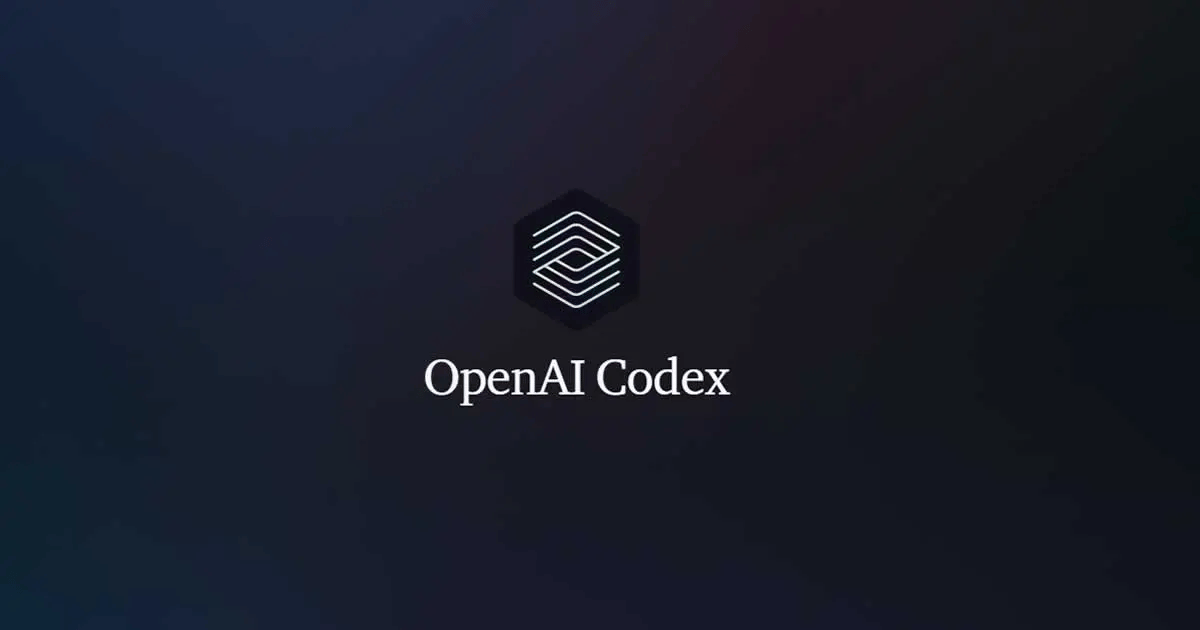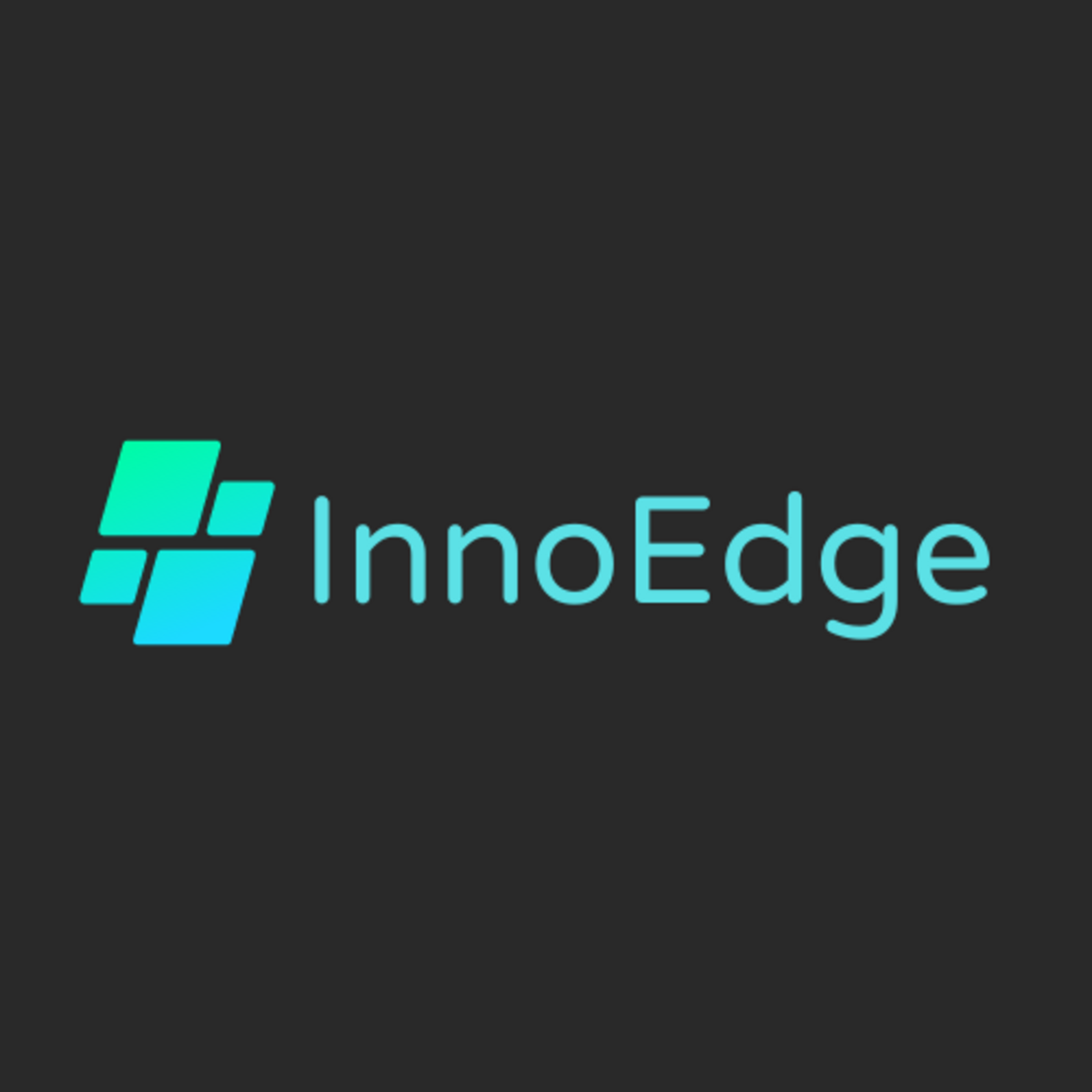
Welcome back, explorers.
Imagine describing a website feature in plain English, and getting fully functional code in return. Sounds like science fiction? It’s not. This is exactly what OpenAI’s Codex is making possible. Whether you’re a seasoned developer or someone with zero coding background, Codex is reshaping how we think about building software. In today’s issue, we dive into what Codex is, and why it might just be the most exciting thing to happen to coding in years.
🔥Today’s big AI story
Your next developer might be an AI: Meet 'Codex' by OpenAI

OpenAI CEO Sam Altman took to social media to announce the research preview of the product that is powered by the latest o3 reasoning model.
Codex is an AI system that translates natural language into code. Want to create a login form? Just describe it, and Codex will generate the code. Got an error? Codex can help identify and fix it. It’s like having a smart, fast-learning intern who never sleeps.
Why does Codex matter?
🔹 Boosts Developer Productivity — No more boilerplate code writing
🔹 Accelerates Learning — Great for new coders learning syntax and logic
🔹 Inspires Innovation — Prototype ideas in minutes
🔹 Reduces Debugging Time — Codex can spot and suggest fixes for bugs
How to use Codex?
In order to use Codex, users need to simply go to the sidebar on ChatGPT.
Assign the AI agent a new coding task by entering a prompt and clicking on 'Code'.
During task execution, internet access is disabled, limiting the agent's interaction solely to the code explicitly provided via GitHub repositories.
After the completion of an assigned task, Codex provides users with verifiable evidence of its actions via citations of terminal logs.
When uncertain or faced with test failures, the Codex agent explicitly communicates these issues, enabling users to make informed decisions.
But it’s not just for engineers. Entrepreneurs, product managers, and even designers can describe what they want and get a working model to iterate on.
A New Era of Collaboration
The biggest shift? Developers are no longer just writing code - they’re partnering with AI to co-create solutions.
While Codex won’t replace developers, it will redefine what it means to be one.
Key takeaway:
🧠Think of Codex as your assistant - not a threat. Those who learn to leverage AI tools will lead the future of work.
📰Other AI and Tech roundup for today
🤖 Microsoft Unveils Push for Unified AI Agents
At Build 2025, Microsoft introduced a bold initiative to unify AI agents through open standards. The goal: to enable seamless collaboration between AI systems from different companies. If successful, this could lead to more integrated, efficient AI ecosystems across industries.
🔗 Source: Finimize / Microsoft Build 2025
🤖 Sam Altman-Backed Rain AI Up for Sale
Rain AI, a U.S.-based chip startup supported by OpenAI CEO Sam Altman, is reportedly looking for buyers after failing to secure $150 million in new funding. The company develops energy-efficient chips aimed at disrupting the AI hardware market.
🔗 Source: Bloomberg
🤖 NVIDIA Eyes 2025 with New Blackwell AI Chips
NVIDIA is doubling down on AI leadership with its upcoming Blackwell GPUs, expected to power the next generation of AI models. These chips are designed for massive compute efficiency and will likely dominate AI training and inference workloads.
🔗 Source: TechCrunch / NVIDIA press releases
🤖 Meta Launches New Open-Source Multilingual AI Model
Meta released a new multilingual AI model that supports over 100 languages for translation and understanding. It’s part of Meta’s push to democratize AI tools globally and improve access to non-English digital content.
🔗 Source: Meta AI Blog / The Verge
And that’s a wrap for today!
Thank you for reading. Stay tuned for more!
@heyPiyushSingh
You can sign up for the newsletter here to receive regular updates directly in your inbox and stay ahead with innovation and productivity.


